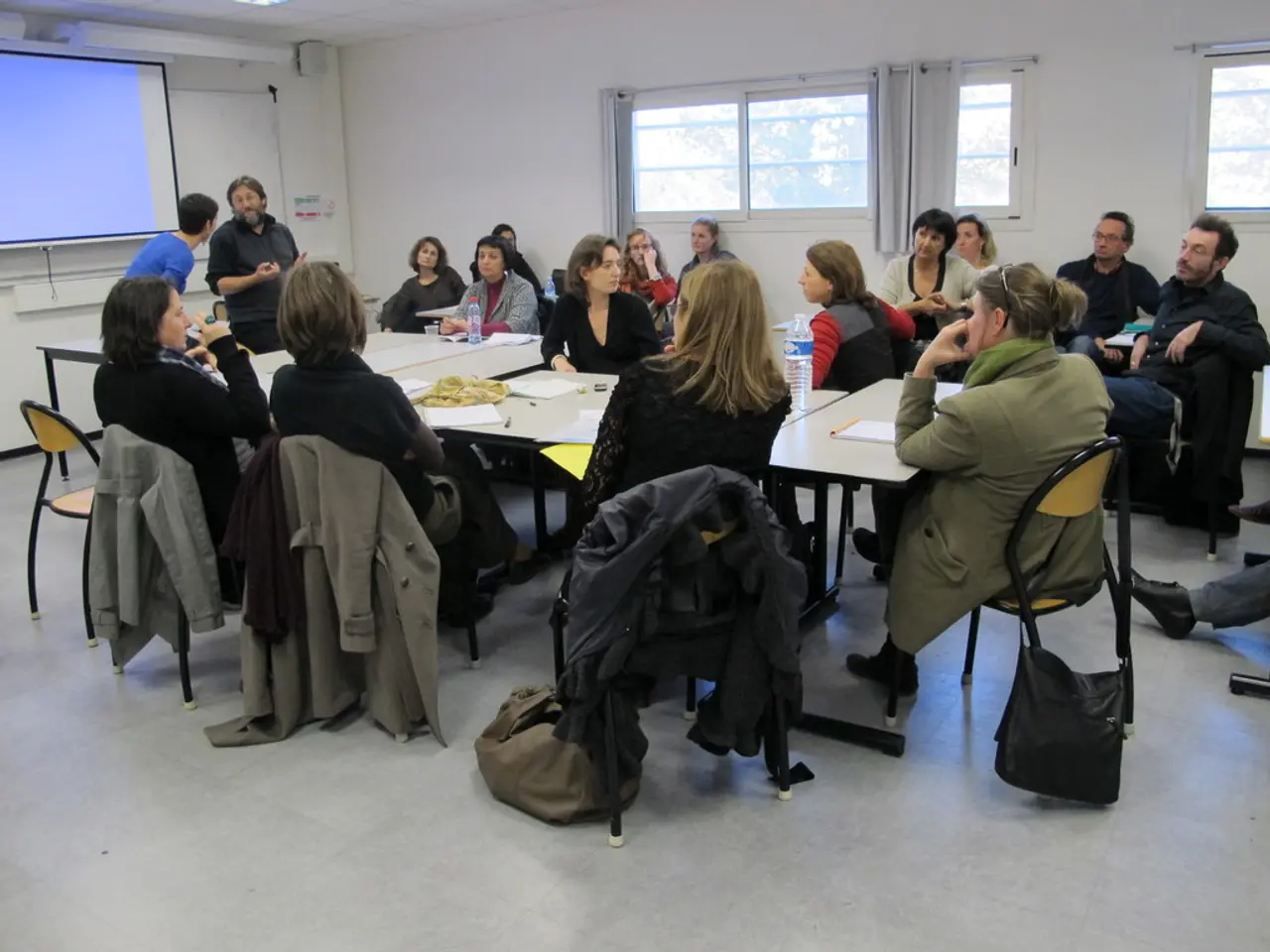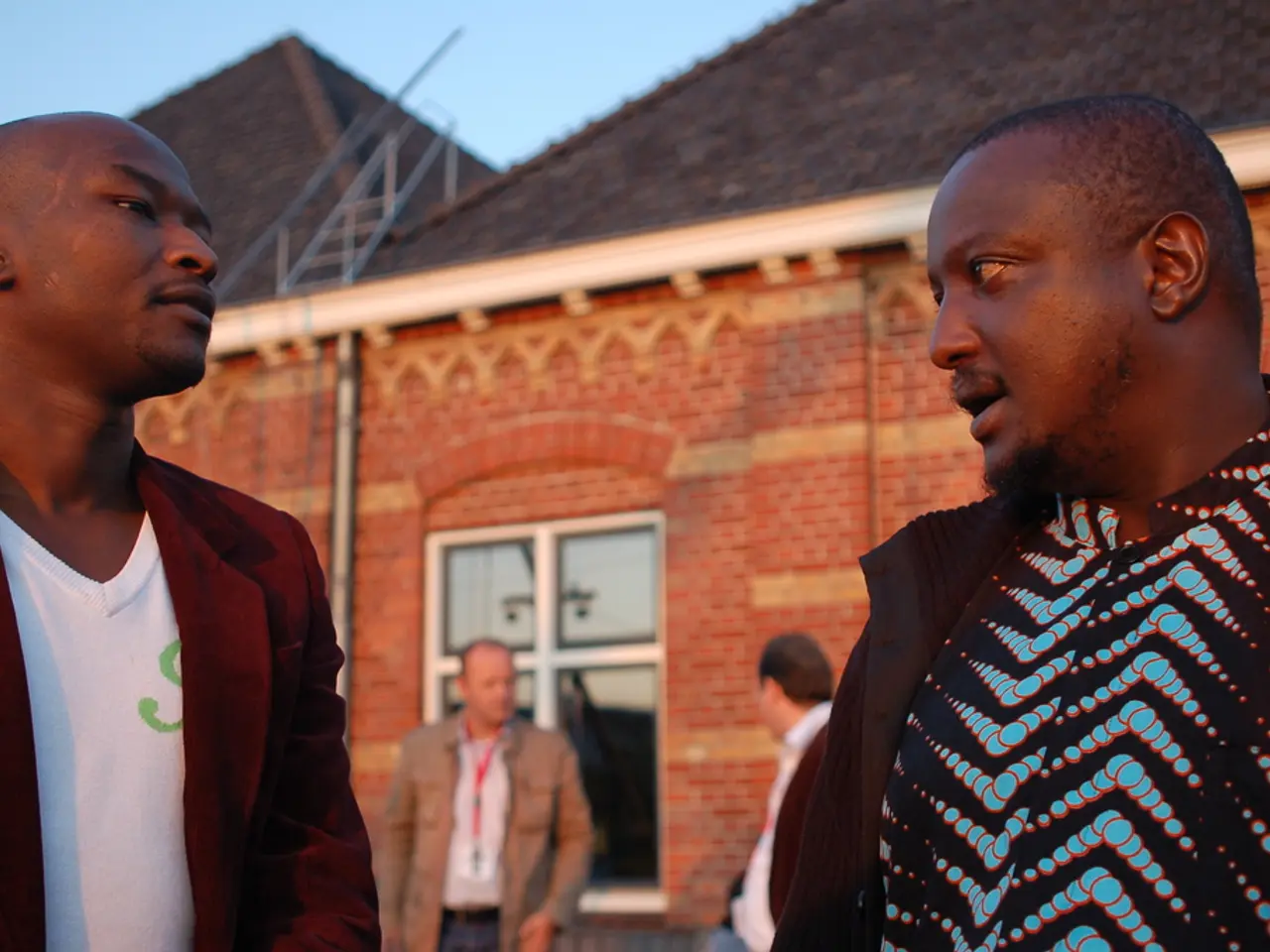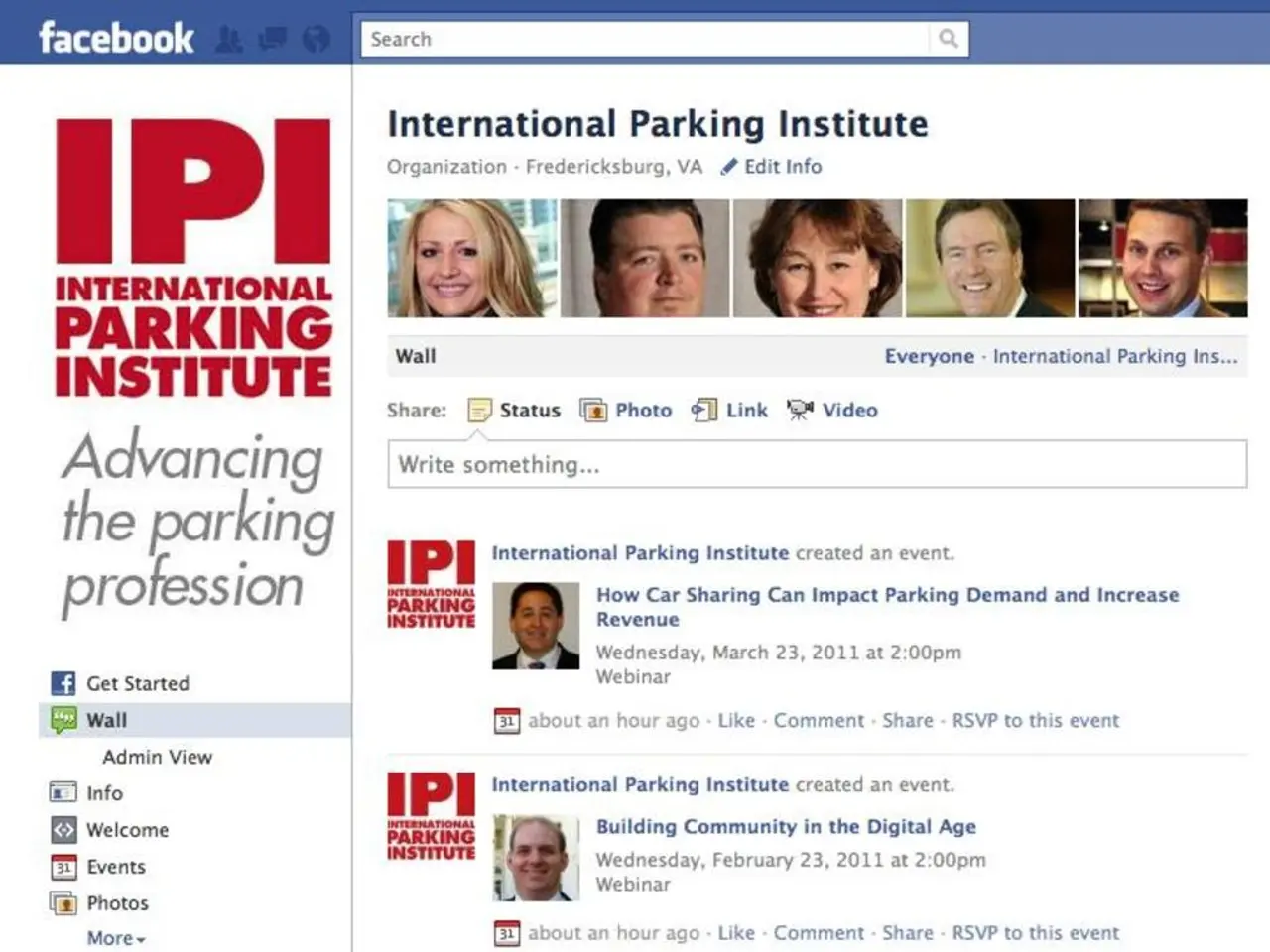Identifying Deceptive Individuals: Strategies from Afar
In personal and professional relationships, it's essential to be aware of manipulative and fake friends who can cause emotional distress and harm. Here are some key signs to watch out for and strategies to deal with such individuals effectively.
Building Authentic Friendships
Authentic friendships require time, effort, and a genuine interest in others. Take the time to get to know people, ask about their interests, listen to their stories, and show that you care. Building genuine friendships is worthwhile, even if it takes effort.
Recognizing Manipulative and Fake Friends
Manipulative and fake friends often exhibit one-sided communication, gossiping behind your back, undermining your achievements, and displaying attention-seeking behaviour. They may also use gaslighting, kiss-up then coldness tactics, and create drama to gain attention.
- One-sided Communication
- They reach out only when they need something (favours, money, emotional support) but disappear when you need help.
- Gossip and Betrayal
- They talk behind your back, spread rumors, or reveal your secrets instead of protecting your trust.
- Undermining or Competing
- They downplay your achievements, shift focus to themselves, or make interactions competitive rather than supportive.
- Kissing-up then Coldness
- Manipulators may flatter you excessively to gain trust, then switch to ignoring or belittling you once they’ve gotten what they want.
- Gaslighting
- They deny facts, twist your words, or make you doubt your memory and feelings, often in subtle ways.
Dealing with Manipulative and Fake Friends
- Educate Yourself
- Understand manipulation tactics like gaslighting to recognize them clearly.
- Trust Your Instincts
- If something feels wrong, pay attention to that feeling.
- Document Incidents
- Keep records of manipulative behaviours, including dates and examples, which can help if confrontation or formal steps are needed.
- Set Boundaries
- Clearly communicate what behaviour you will not tolerate, both personally and professionally.
- Seek Support
- Discuss your experience with trusted people who can provide perspective and emotional assistance.
- Stay Calm and Assertive
- Manipulators often provoke emotional reactions; maintain composure and respond confidently.
- Address the Issue Directly
- Use “I” statements to express how their behaviour affects you (e.g., “I feel hurt when…”), which is less confrontational and more effective.
- Limit or End Contact
- When manipulative and fake friends continue harmful behavior despite boundaries, consider distancing yourself for your well-being.
In professional contexts, especially when gaslighting or manipulation occurs, keeping detailed documentation and seeking allies or HR support can be crucial.
Types of Fake Friends
Fake friends come in various forms, such as fair-weather friends, users, copycats, backstabbers, flatterers, competitors, energy vampires, and more.
Fake people love to talk negatively about others and engage in gossip. They lack empathy, showing disregard for others' feelings. Trauma, extreme betrayal or deception, can cause long-term emotional distress.
Manipulation, guilt, and emotional blackmail are common methods used by fake friends. Fake people have a constant need for validation and attention, often only interested in the relationship for personal gain. They lack accountability, rarely admitting their mistakes and blaming others.
Betrayal, having someone you trust deceive you, might feel betrayed and violated. Fake friends often say one thing and do another, demonstrating inconsistency in their actions. Emotional hurt and trust concerns can result from fake friendships.
To avoid future hurt, you may retreat from social engagements, causing loneliness and isolation. However, by recognizing these signs early and responding with clear boundaries and thoughtful strategies, you can protect your emotional health and maintain healthier relationships.
- During education and self-development, studying about manipulative tactics such as gaslighting can be beneficial in identifying them in personal and professional relationships, thereby promoting personal growth.
- Strengthening authentic friendships through open communication, empathy, and support contributes to overall lifestyle improvement, as authentic friendships foster emotional stability and personal growth.




